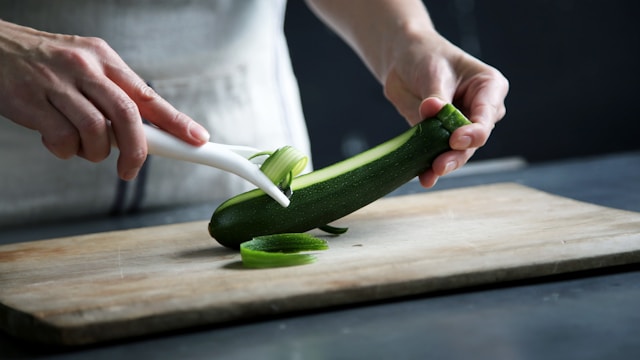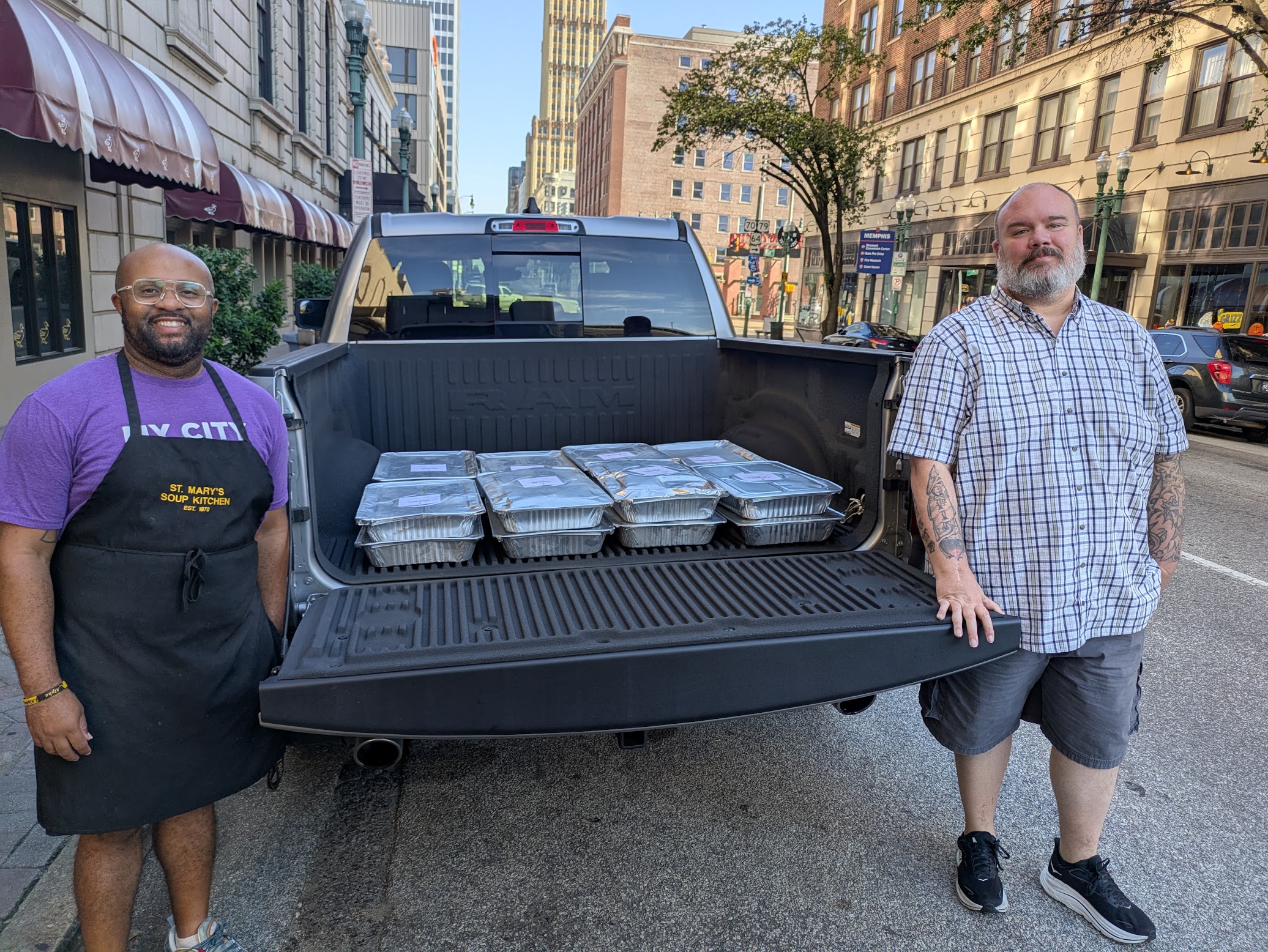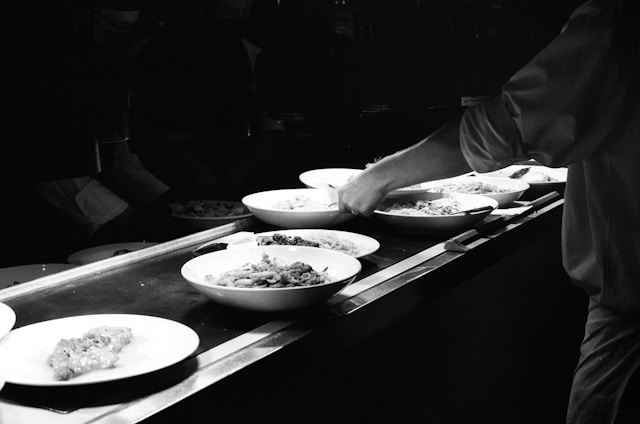If you’ve ever opened your fridge to discover a wilted bag of spinach or a half-eaten sandwich that ends up in the trash, you’re not alone. Food waste is one of the most common, and most preventable, forms of waste in our daily lives.
But what if rethinking how we handle food waste could also unlock better habits for dealing with all types of waste?
This issue doesn’t just affect our landfills or our wallets, though it certainly does both. It also offers a powerful lens through which we can see our broader consumption patterns – and an opportunity to build smarter, more sustainable practices across the board.
The ripple effect of food waste
Food waste is a common problem we confront individually all the time. And we have an emotional connection to food – we buy it with good intentions, prepare it with care, and we feel a twinge of guilt when it goes bad or gets thrown out uneaten.
That emotional connection makes food waste a particularly effective starting point for shifting habits. When we begin to lower food waste by planning meals, storing leftovers properly, or composting scraps, we’re also training ourselves to be more intentional with other forms of waste.
For instance, planning meals helps you buy only what you need, which naturally cuts down on packaging waste. Using up your leftovers might inspire you to repurpose other household items instead of tossing them (think: using large, empty pickle jars for storing pantry staples like pasta, rice, or beans). Composting food scraps also makes us more aware of what’s biodegradable and what’s not.
What food waste reveals about our habits
Food waste is a mirror for our consumer behavior. It reflects how we value (or devalue) what we purchase, how we respond to abundance, and how we think about convenience.
When we throw out food, we’re wasting ingredients, yes, but we’re also wasting the water, energy, labor, and packaging that went into producing it. That same ripple effect applies to nearly every item we buy and discard. A plastic bag, a fast fashion clothing item, or a single-use water bottle all represent more than what meets the eye. And the more we think about food waste in this way, the more we start to apply that thinking to everything else.
Turning food lessons into full-circle waste habits
Here are a few lessons food waste can teach us about broader waste reduction:
- Buy with purpose: Meal planning helps lessen impulse purchases and spoiled ingredients. That same principle can apply to retail therapy – buy what you need, and choose quality over quantity.
- Use what you have: Just as we repurpose leftovers into new meals, we can repurpose other household items – like glass jars, containers, or fabric scraps – into functional tools rather than tossing them.
- Compost what you can, recycle the rest: Food waste often reminds us that some waste can serve a new purpose. If you compost, you’re already ahead of the game. That mindset can extend to better recycling and waste management habits, via learning what materials our city accepts, how to dispose of certain household items properly, and more.
- Understand the full cost of waste: Seeing how much food goes uneaten in your home may spark a realization about how many items you purchase and discard quickly elsewhere. That awareness can reduce your overall consumption and help you build a lower-waste lifestyle.
A cleaner Memphis starts in your kitchen
In Memphis, food makes up nearly 40% of our landfill-bound waste. But that doesn’t mean we’re powerless – it means we have an opportunity. When we change our habits around food, we shrink our trash footprint and build momentum for cutting waste of all kinds, from clothing and electronics to plastic and paper.
So the next time you reach for the compost bin or turn your leftovers into tomorrow’s lunch, take a moment to celebrate the ripple effect. Smarter food habits lead to smarter waste habits. Taken together, these small shifts can pave the way for a cleaner, more sustainable city.




